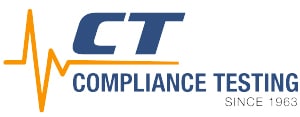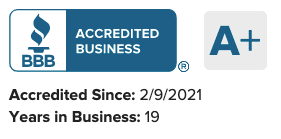Get Free Help From Our Engineers With FCC Certification
Need help achieving FCC certification? We work with businesses and individuals across the country, including in , to achieve FCC certification for electronic devices.
Click the “Talk to Our Team” button or call us on 866-540-5287 to ask our engineers your question about FCC certification, or request a free quote for testing and achieving FCC certification for your device.

It is absolutely critical for manufacturers of electronics and wireless devices to have an accurate idea of how long the Federal Communications Commission (FCC) takes to approve or certify technology products for market access. As the adage goes, “those who fail to plan, plan to fail” and the timing of compliance requirements will certainly play a factor in when your product can begin producing revenue. As with any type of regulatory application process, the more thorough the verification documents are up front and the faster that a device manufacturer submits the correct documentation, the faster the application can be approved.
FCC documentation is necessary for any manufacturing organization that wishes to sell products like IoT, IIoT, MedTech, HealthTech, BioTech, WearableTech, Clean Energy, Renewable Energy, Telecommunications, SATCOM, Audio/Video, 5G, mmWave, 5GHz and Bluetooth devices.
Commercial & industrial technologies like these are almost always required to undergo some sort of regulatory compliance testing, measurement & certification within the realms of RF, EMC, EMI, radiated & conducted emissions, and electrical product safety.
So how much time will this add to the process of getting your product approved to sell into a market like the U.S., Canada, Mexico or the European Union?
We’re providing a breakdown here of the approximate timeline for the FCC approval process in the United States for an example.
Before the Application Process Starts
In order to have your application approved for the FCC, you will need to take the following steps, according to the FCC:
- Identify a complete list of applicable licenses and authorizations for your device
- Contact relevant agencies & bureaus
- Identify appropriate application forms, appropriate filing process, and related applications/requests, in consultation with relevant FCC staff
- File necessary forms, applications, and special requests for relief
Once these steps are completed, then the 180-day application process begins with Day 0
Day 0 – Public Notice and Acceptance of Applications
Issuing a public notice “starts the clock” for FCC approval. The public notice will contain the nature of the application and the types of devices that are under review, the due dates for pleadings and how people can file comments and contact information. At this time, the applicant may choose to file an order of protection to protect proprietary information during the application process.
Day 30 – Due Date for Comments and Petitions
By the 30th day in the approval process all petitions to deny the application and any comments are due. Rarely, the FCC will allow these to be filed up to 45 days later. At this point, the FCC will review any documents to deny and either choose to proceed with the application process or not.
Day 52 – Opposition Petitions Due
This is the final due date for replies to oppositions to FCC applications from the FCC.
Day 90 – Date for Initial Information Request
At this point, the FCC will need information from all parties involved. This can include independent lab testing, plus supporting documents from the FCC. The FCC typically issues these requests prior to the 90-day deadline but may issue subsequent requests after this point.
Day 180 – All Evaluation Is Completed
The FCC typically completes all evaluation of applications by day 180, although these may be extenuating circumstances that “stop the clock.” If these occur, all parties are notified in writing, and the information needed will be a part of these documents.
Conclusion
While these times are stated to reflect the general time it takes for FCC approval, these are only to indicate a frame of reference, and may not reflect the actual time that a product takes for approval. Therefore, it is recommended that devices undergo independent testing at least 90 days before the planned market launch date. This gives manufacturers enough time to make any modifications and collect the documents necessary for FCC approval. Keep in mind that if enterprise products do not have the necessary FCC approval documents, they may not be able to be sold on time, if at all. If you are a design engineer, hardware manager, compliance manager, executive or entrepreneur who has questions about this process; CT offers complimentary, no obligation support calls with our regulatory RF, EMC & Product Safety engineers here or call us at 1 (480) 542-7366.
Request a Free Quote From Our Team
Please enter your name, contact information, and any information about your device and the type of testing you need into the form below. Our team of engineers and compliance specialists will contact you as soon as possible with a free quote for your project.




